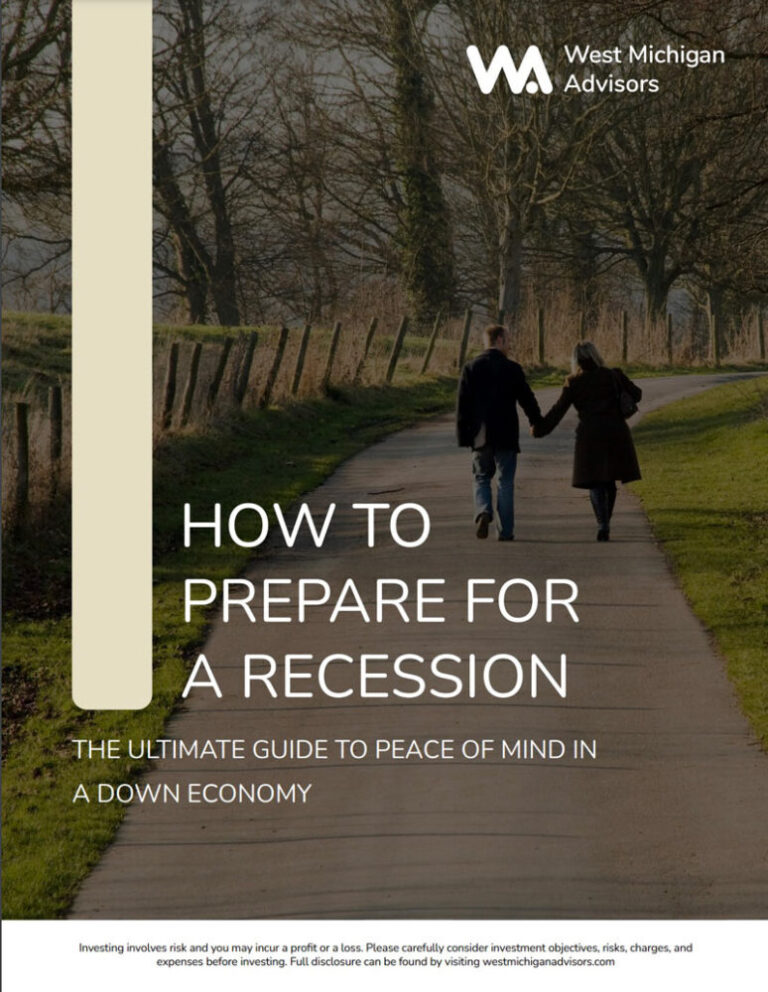Selling your business is a significant financial event. With one transaction your net worth skyrockets and the question becomes, “What now?” Plenty of former business owners struggle to keep up with next steps and potential options after selling because there are so many considerations to keep in mind.
Although the path post-sale will look different for every business owner, there are some general practices that work well for most everyone. In this article we’ll explain what to do after selling your business. We’ll start with the four steps that come immediately after the sale, then we’ll give you a primer on investing the money. We’ll also talk about some important financial considerations and outline the four professionals you need to work with to make sure your post-sale lifestyle works the way you want it to.
By the end of this article you’ll be looking forward to your new phase of life with confidence. Let’s get started.
4 Steps for Post-Sale
1.) Stop
That’s right, stop. The first thing you should do is take a strategic pause to reflect on where you’d like to go next. You don’t want to make any sudden financial decisions after selling your business because you might not know exactly what your new goals are.
Selling your business can be emotional. Give yourself time to process your new role, whether it’s retiree or entrepreneur instead of business owner, and think about how your next step will fit this new lifestyle.
2.) Assess
Once you’ve decided on a new goal, you can assess how your current financial situation can support you. This usually looks like reviewing your active accounts, considering new investments, and assessing how those combined could help you reach your goal.
3.) Plan
Now you can start planning ahead. You’ll want to create a strategic plan for how you’ll use the money from your business sale to support your personal life or next professional endeavor. For example, if you plan to retire, you could plan to keep a certain amount for a fixed income and invest the rest in a retirement account. Or if you plan to purchase another business, you could keep some of the money liquid so it’s available when you’re ready to buy.
Although it might seem tempting to plan your next moves alone, we recommend working with a financial advisor when managing large sums. Your advisor can show you unique options to consider, discuss the pros and cons of specific investment opportunities, and even connect you with other financial professionals. They’re your finance quarterback, assembling the right team to help you succeed.
4.) Implement
Finally, you’ll implement your plan. After working with a team of professionals to address everything from your finances to your new lifestyle, you should have a good idea of how your money can support your next steps. Start making those investments or setting up your new income so you can enjoy post-sale life.
How to Invest Your Money
The most important thing to invest in is time. That’s why the first step post-sale is to stop and think. The more time you give yourself to confer with other professionals and weigh your options, the more likely you are to make a smart, strategic decision with your money.
Real Estate
One popular investment area is real estate. You might choose to buy up some commercial properties and lease the spaces to other businesses. You could even buy the property where your business was located and continue making money off the building, if not the brand.
Private Businesses
If you’re not quite ready to leave the business world, you could invest in another small or private business. This gives you the opportunity to get in on something at the ground floor and make money as it grows.
The Stock Market
Some people opt for more traditional investment strategies, such as a diversified portfolio of stocks, bonds, mutual funds, and other interest-based investments. This strategy works well for people who are planning to retire on the interest of their investments combined with the money from their sale.
It’s important to keep in mind that your next step in life will dictate your best next step in finances. People who are retiring after selling their businesses will benefit from different strategies than people who are looking to continue working. Your financial advisor can help you determine the right types of investments for your particular situation.
Financial Considerations After Selling Your Business

Taxes are always at the top of the financial consideration list. Different scenarios can create very different tax obligations, so be sure to work with a CPA or other tax professional to anticipate potential obstacles.
Your CPA and financial advisor can also help you with philanthropic financial planning, such as setting up custodial accounts or trust funds for your children and grandchildren. These also have certain tax implications and benefits to consider.
Or if you prefer to donate some of your money to nonprofit organizations, donor-advised funds might be a good route. This investment strategy helps you avoid capital gains taxes and puts money aside for you to donate to organizations you believe in.
Overall, you want to stay as financially flexible as possible after you sell your business. Try not to get locked into lengthy investments right away or put all of your money in one place. Take the time to consult with an advisor and tax professionals so you can make informed decisions about upcoming investments.
What Professionals Do I Need to Work With?

A lot goes into selling a business, and odds are you’ll work with countless professionals throughout the process. After the sale, some of them will shake your hand and go their own way, but many of them can continue helping you. Here’s a short list of professionals to consult post-sale:
- Attorney. Your attorney not only helps you perform a legal sale, but he can also help you set up plans for after the business is sold. Use your attorney to help you with things like estate planning and providing for your family in the future.
- Accountant. Your accountant can help you navigate the complicated world of taxes after you sell your business. The sum you receive will be subject to an array of taxes, and you’ll likely need help finding ways to divide it into different accounts so you can claim tax credits or deductions.
- Advisor. A financial advisor will help you plan for the future and consider different investment options. They’ll keep your new goals in mind and help steer you toward strategic decisions.
- Business broker. You likely used a business broker to facilitate the sale of your business. If you plan to buy another business with your money, then keeping this professional on board is a wise move. They can help you find your next great investment and manage the purchase.
Start Planning
Selling your business is a big step and you don’t have to navigate it alone. Partner with a financial advisor and other professionals to help you plan the sale and your next moves. Our advisors are skilled at helping you make strategic decisions after selling your business. Schedule a call with us today!
The material has been gathered from sources believed to be reliable, however West Michigan Advisors cannot guarantee the accuracy or completeness of such information, and certain information presented here may have been condensed or summarized from its original source. To determine which investments or planning strategies may be appropriate for you, consult your financial advisor or other industry professional prior to investing or implementing a planning strategy. This article is not intended to provide investment, tax or legal advice, and nothing contained in these materials should be taken as such. Investment Advisory services are offered through West Michigan Advisors. Advisory services are only offered where West Michigan Advisors and its representatives are properly licensed or exempt from licensure. No advice may be rendered unless a client agreement is in place.











